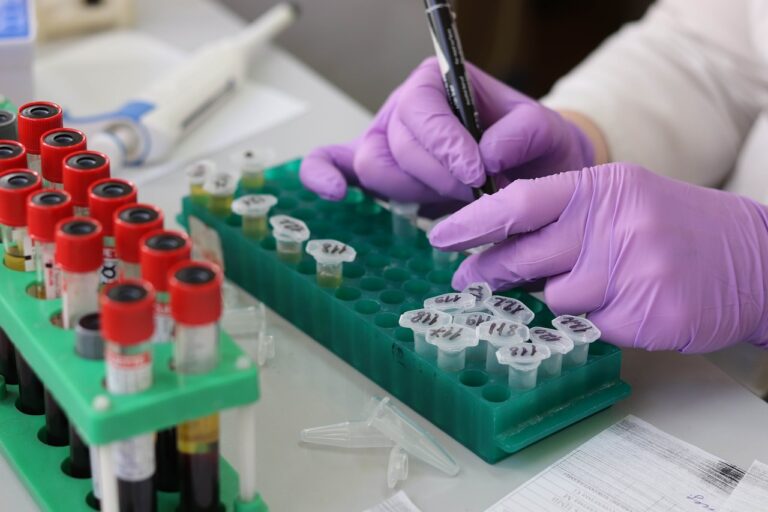How Genomics Is Reshaping Personalized Medicine
Advancements in genomics have paved the way for a revolution in healthcare, allowing for tailored treatment plans based on a person’s genetic makeup. By understanding an individual’s genetic predispositions, healthcare providers can personalize medications and therapies to maximize effectiveness and minimize side effects. This shift towards personalized medicine marks a significant departure from the traditional one-size-fits-all approach, offering a more precise and targeted form of treatment for patients.
In the realm of genomics and personalized medicine, the role of genetics in healthcare is paramount. Genetic factors play a crucial role in determining how individuals respond to medications, which diseases they may be predisposed to, and how their bodies metabolize certain substances. Through the analysis of genetic data, healthcare providers can now offer more tailored and effective treatment plans, leading to improved patient outcomes and a more personalized approach to healthcare.
Understanding the Role of Genetics in Tailored Treatment Plans
Genetics plays a pivotal role in the development of tailored treatment plans for individuals. By analyzing an individual’s genetic makeup, healthcare professionals can gain valuable insights into how certain medications may affect a person’s body. This personalized approach allows for more precise and effective treatment options that are tailored to the unique genetic profile of each patient.
Furthermore, understanding the genetic factors that contribute to certain diseases can help healthcare providers proactively address potential health risks before they escalate. By identifying genetic markers associated with specific conditions, such as cancer or heart disease, medical professionals can develop targeted prevention strategies that aim to mitigate the likelihood of disease development. This individualized approach to healthcare has the potential to revolutionize how we approach and treat various health conditions, ultimately leading to better outcomes for patients.
What is genomics and personalized medicine?
Genomics is the study of an individual’s genetic makeup, while personalized medicine involves tailoring treatment plans based on a person’s unique genetic characteristics.
How does genetics play a role in tailored treatment plans?
Genetics can provide valuable information about how a person may respond to certain medications or therapies, allowing healthcare providers to create personalized treatment plans that are more effective and efficient.
Why is understanding genetics important in healthcare?
Understanding genetics can help healthcare providers determine the best course of treatment for each individual, minimizing trial and error and potential side effects.
How has genomics and personalized medicine revolutionized healthcare?
Genomics and personalized medicine have revolutionized healthcare by allowing for more precise and targeted treatment plans, leading to better outcomes for patients and a more efficient use of resources.
Are there any potential drawbacks to using genetics in tailored treatment plans?
While genetics can provide valuable insights, it is important to consider ethical and privacy concerns when incorporating genetic information into healthcare decisions.





